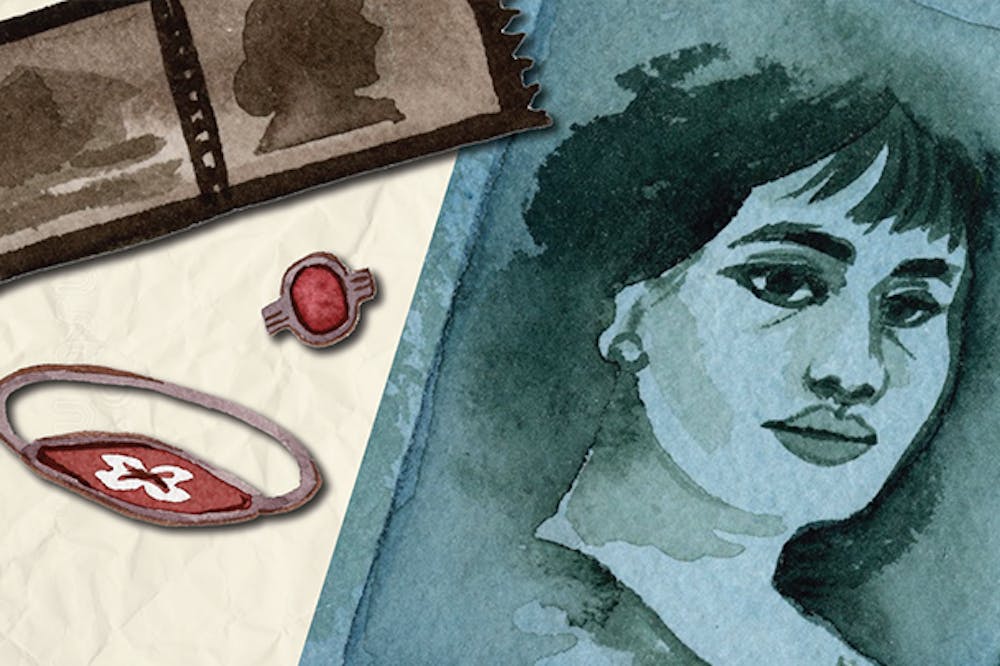The increasingly electronic environment of historical archiving has opened doors for many in education, contributing to the sustainable and accessible conservation of shared histories.
Especially considering the rise of digital museum exhibits presented by the MET and other institutions, more traditional forms of digital archiving have gained attention. UNESCO's Memory of the World Programme, Europeana and The British Library's digital archives are some of the world's largest projects dedicated to facilitating access to historical collections.
"For teaching, it's absolutely excellent, because you can't take a class of 30 people across the country to a rare book room to take a look at books, but what you can do is access that ... wonderful database of digital images," said Brandi Adams, an assistant professor in the Department of English and a member of the Arizona Center for Medieval and Renaissance Studies. "Then you can talk students through those images, all the while saying that if we ever get a chance to see this in person, we want to go ahead and try to do that, as long as that's possible."
Through digital archiving, institutions and their communities are able to highlight milestones from the past and showcase stories from the community. Ed Oetting previously served as a professor and liaison librarian at Barrett, the Honors College. For him, digital archives can provide important context for local history as well as global history.
"It provides continuity in the academic experience," Oetting said. "If you can look at a photograph from, let's say, the 1920s and see the dorm that you're in, or the building that you're taking classes in, and see some of the activities, whitewashing the A, for example, that took place, 20, 30, 40, 50, years ago, it provides the continuity of the experience within your institution."
While digital catalogs have been a convenient and efficient means of accessing primary sources, there are concerns about the reliability of digitally archived data, particularly transcribed writing and speech.
Jonathan Hope is a professor of English and the former director of Early Modern Digital Agendas emphasized the risks involved.
"One of the slightly dangerous things about digital objects is they appear to be very easy," Hope said. "It's like, oh yeah, here's an image of a page, I can't search it. But now, I've got a transcript, and I've got a text file, so I can search it, so that's great, which it is. But then you say, 'Well, how good is the transcription? Is that accurate?'"
The ease with which people can scan a database or source can impact the research process. At times, users of digitally archived sources may overlook authentic artifacts unavailable electronically. Although not done deliberately, this practice can weaken the validity of historical research.
"You can make decent inferences from what you do, but it's easy to fall into the trap of thinking, 'Oh, I've searched everything. I didn't find this thing.' Well, you've searched a lot of what survived, but an awful lot (has not)," Hope said. "You have to remind yourself, 'this is preserved, but what's not preserved?', especially if you're a historian."
While studying physical artifacts still holds value, digital preservation of historical records can contribute to the learning experience of many and act as a gateway for further research.
Edited by River Graziano, Sophia Braccio and Madeline Schmitke.
Reach the reporter at nalbishr@asu.edu.
Like The State Press on Facebook and follow @statepress on X.




